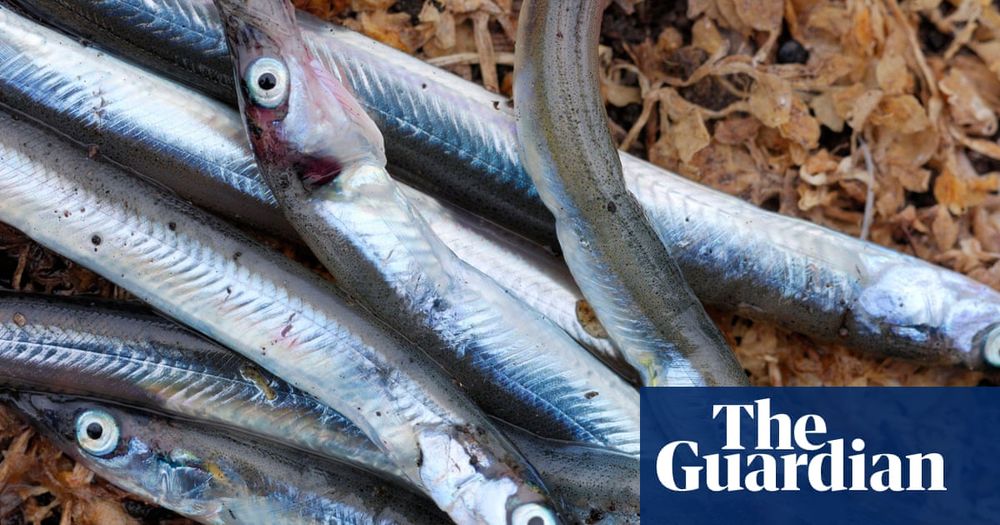
“Sand eels eels make up the bulk of the diet of seabirds,
but they are fished for commercial pig food”
That short sentence exemplifies just how screwed up things are
www.theguardian.com/environment/...
@drjosemfarinas.bsky.social
Marine ecologist working with biogenic habitat forming species: horse mussels, oysters, seaweed, seagrass. Conservation and Restoration. Lecturer at ATU Galway. Dad of two. Diver.

“Sand eels eels make up the bulk of the diet of seabirds,
but they are fished for commercial pig food”
That short sentence exemplifies just how screwed up things are
www.theguardian.com/environment/...
One week left to apply to this postdoc opportunity I'm offering in native oyster restoration in Ireland. Get your applications in before the 9th May 12 pm deadline! Any questions contact me. Details in the application documents, link below.
02.05.2025 08:13 — 👍 6 🔁 4 💬 0 📌 0
#jobalert 📢 Delighted to offer a 3-year postdoctoral position in my research group at ATU Galway, Ireland. This is an exciting role in the new and ambitious native oyster reef restoration #BRICONS Project funded by the Marine Institute. To apply www.atu.ie/connect/jobs....
Deadline: 9 May 2025 12pm
🧵Commercial fishing is the most damaging thing we do to the ocean. In addition to killing lots of fish and other organisms, it also kills >300k dauphins and whales annually.
For a fishing company to oppose research on marine CO₂ removal because it might harm the environment is ironic. 1/n 🌊

We have a #PhD opportunity on #oyster restoration in modified water bodies as a potential #NatureBasedSolution with @nessocon.bsky.social as part of the new BRICONS project! See www.findaphd.com/phds/project...
🌊🦪

We are looking for a #PhD student to work on the impacts of multiple stressors on native #oysters as part of the BRICONS Project co-supervised by @annikaclements.bsky.social - contact me for details on how to apply @tcddublin.bsky.social
18.03.2025 11:28 — 👍 12 🔁 11 💬 0 📌 2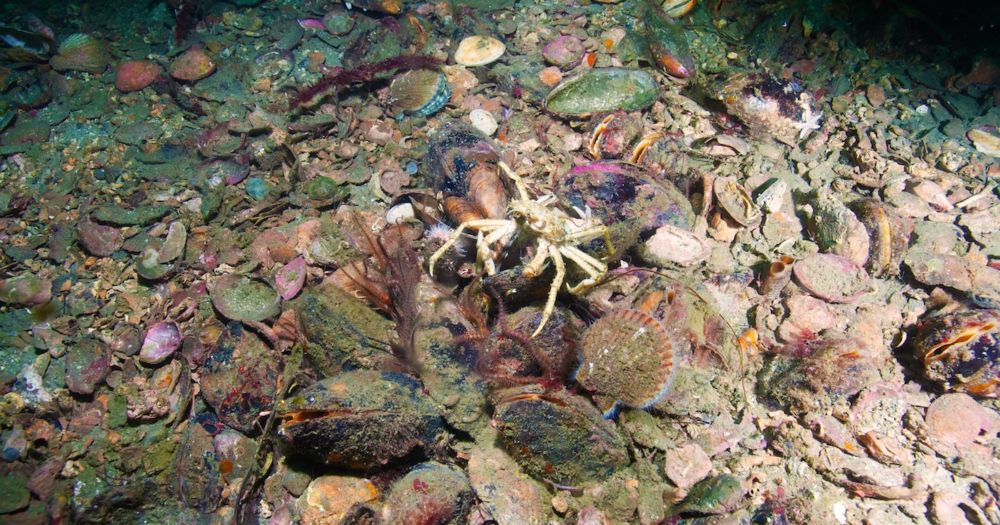
Delighted to be playing a part on this rewilding project in the North Sea and to provide some of the imagery for the press releases www.trouw.nl/duurzaamheid...
10.03.2025 23:10 — 👍 4 🔁 1 💬 0 📌 0It's a cracking place Dan, serendipitously came across it looking for an oyster bank. A mosaic of really great maerl and dense seagrass, and plenty of clams/tapes and ostrea eilis shell. It is in Cuan Chasla, Conamara, co.Galway. Very shallow at low water like most of these bays,but still subtidal.
02.03.2025 13:12 — 👍 1 🔁 0 💬 1 📌 0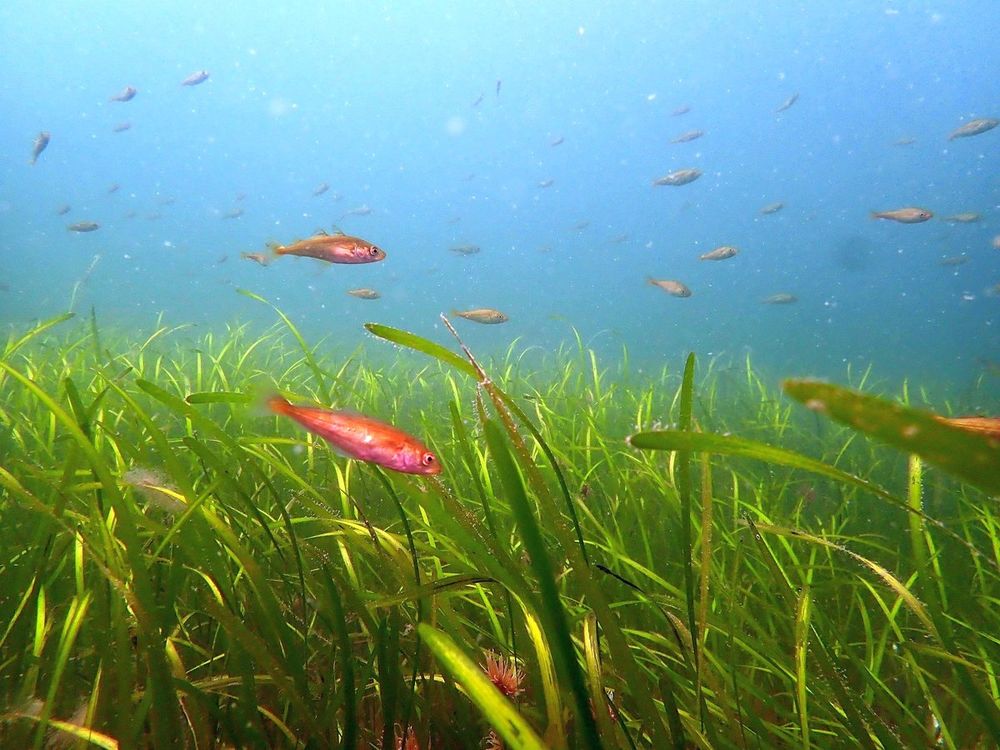
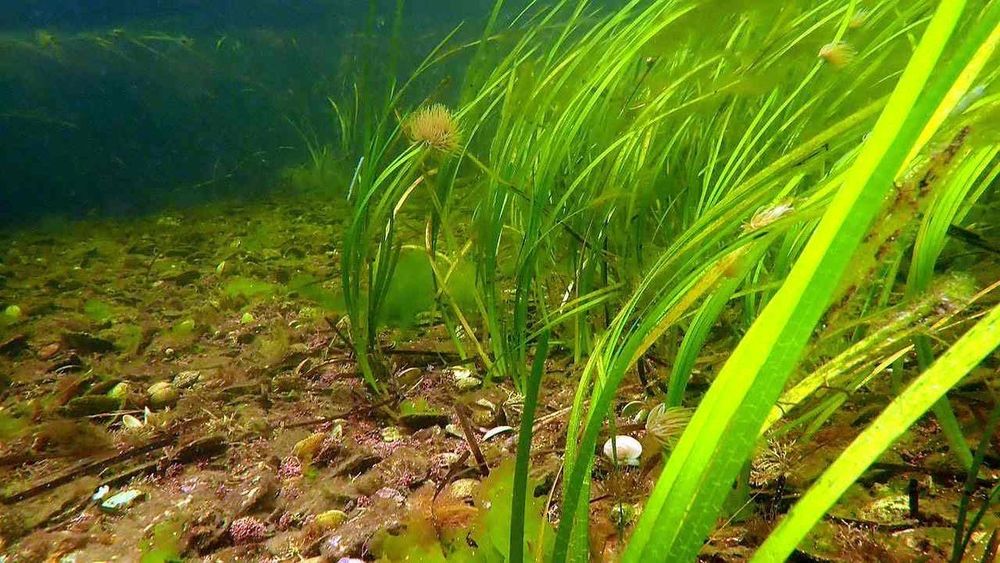
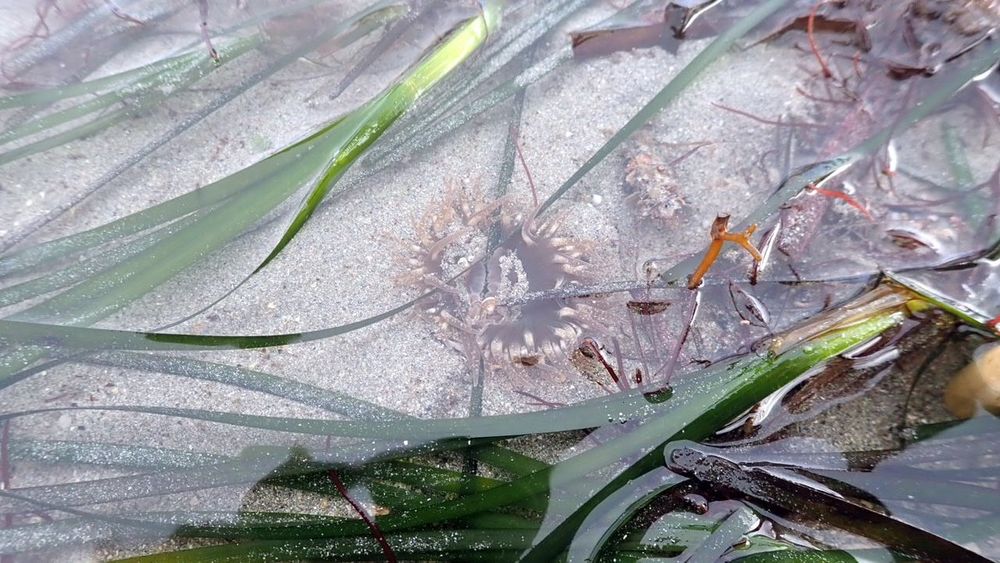
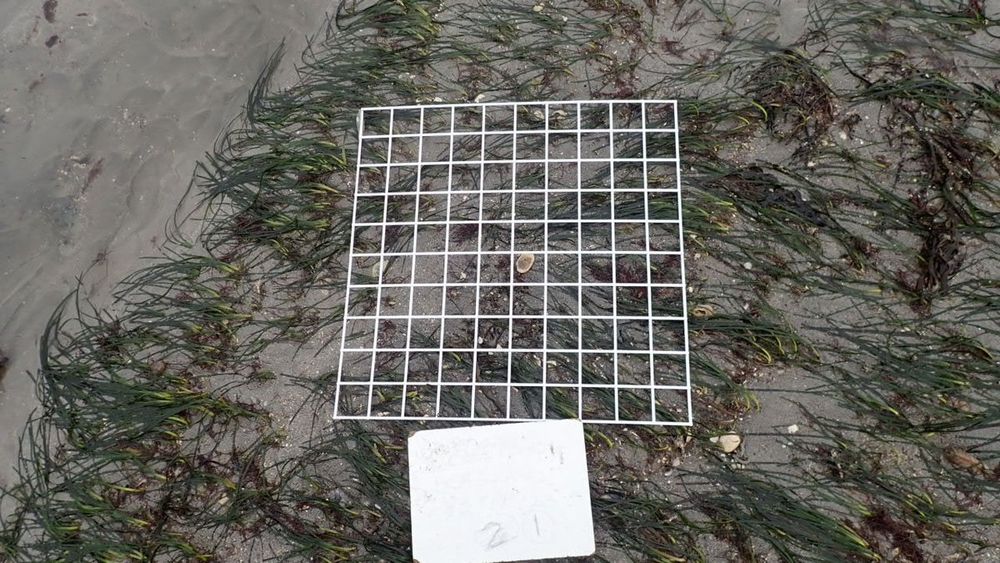
In the biogenic habitats lab we also get to study Irish seagrass beds, from some of the deepest ones in Europe down in Kerry (1st), to rich mosaic seagrass-oyster-maerl biotopes in Conamara (2nd) to almost urban seagrass meadows near Galway city (3rd and 4th picture ).
#worldseagrassday
Left: Sparse Modiolus modiolus bed in Scapa Flow, Orkney, May 2014.
Right: Native oyster bed in the Galway coast, Ireland, February 2024
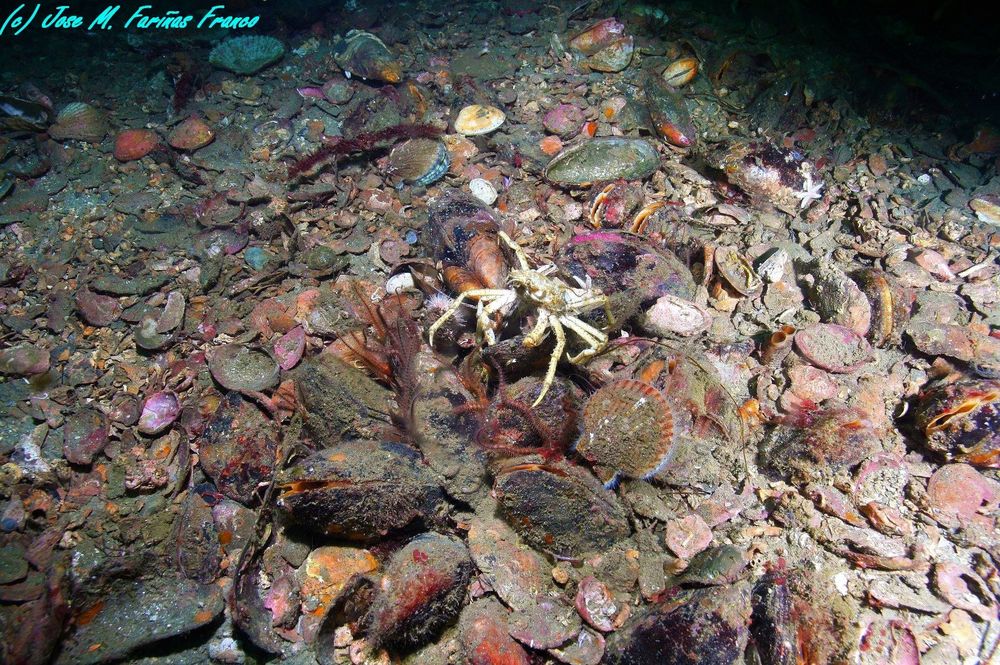
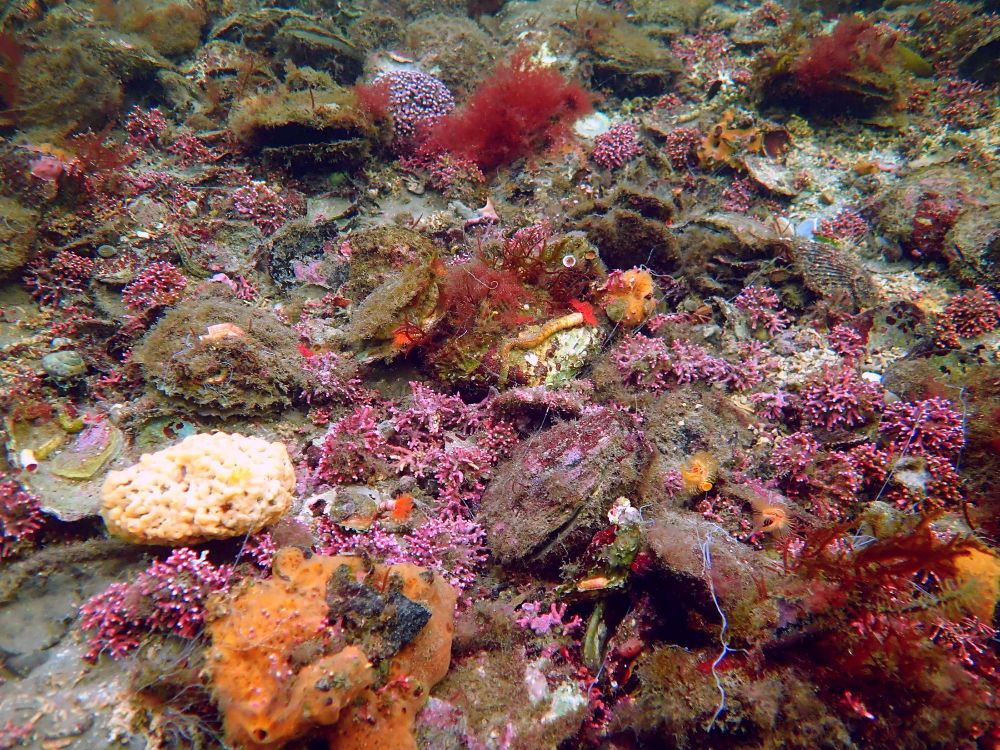
Old habits are hard to break and I have defaulted to the old site for posting lately. I need to transition proper and will start posting more here. I'll start with news of two successful collaborative project proposals for shellfish reef restoration projects due to start in 2025. Cue these photos 👇
20.12.2024 18:22 — 👍 10 🔁 1 💬 1 📌 0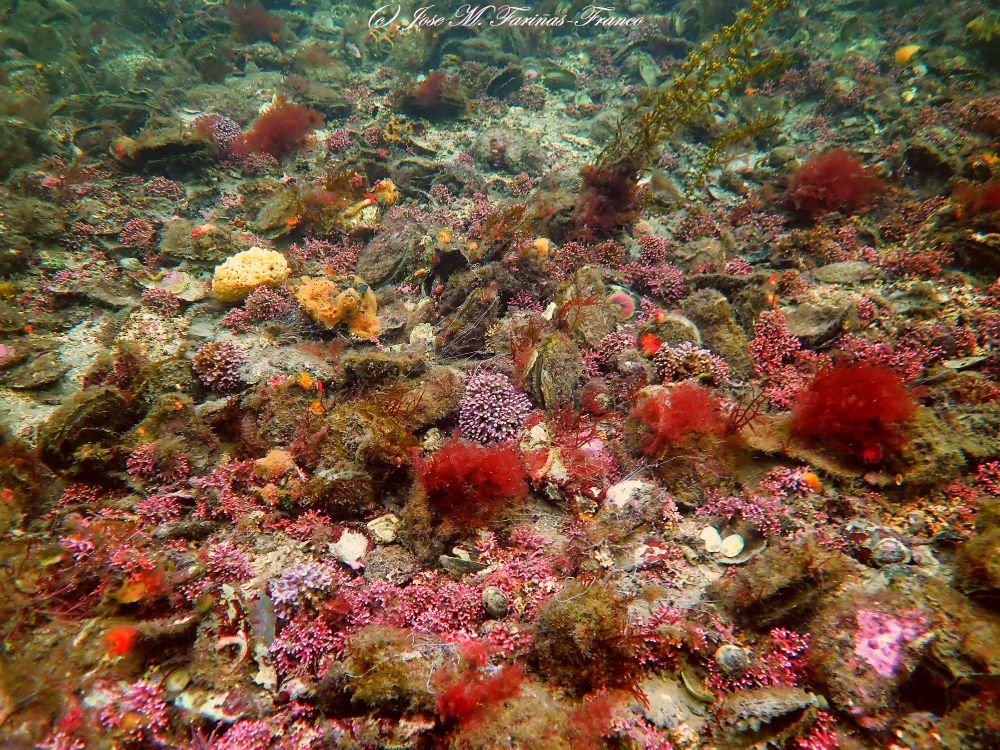
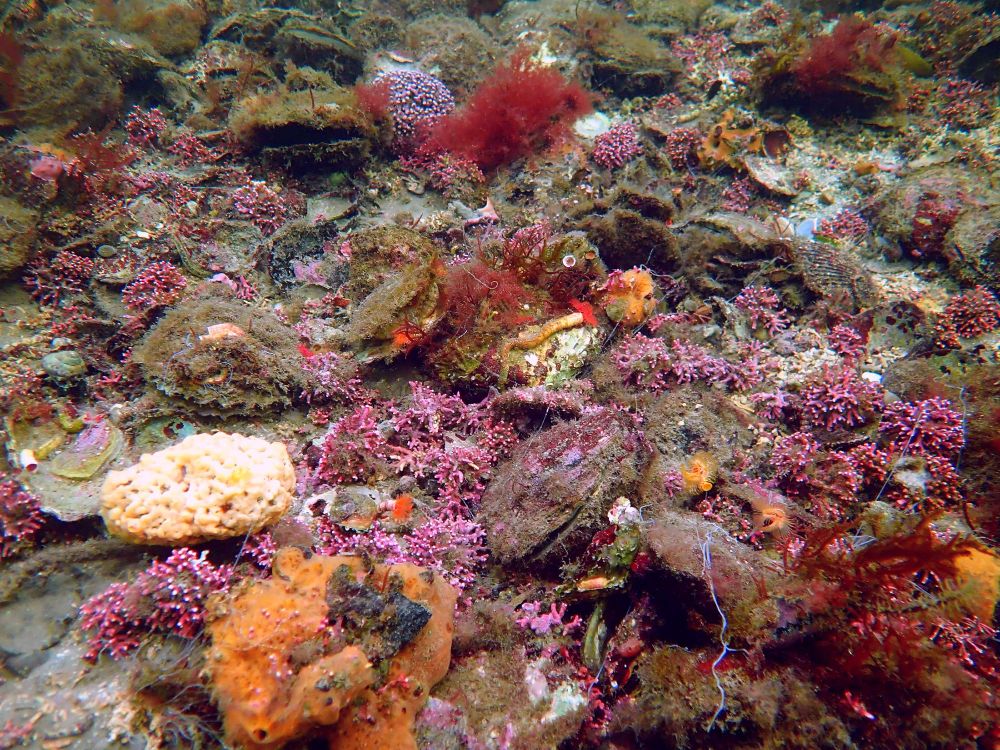
Thanks @ruththurstan.bsky.social! delighted to see two of those photos 👇 in yesterday's BBC Wildlife Magazine piece. I am hopeful too, hopeful they'll receive the protection they need as the last pockets of a lost habitat, clinging here in Ireland. We are documenting them also in case we lose them.
06.12.2024 20:21 — 👍 3 🔁 1 💬 0 📌 0More BRUV footage with unexpected species. Following that Atlantic salmon, here we have a pair of common squid (Loligo vulgaris) gliding in front of the camera. The footage is part of our ongoing study of fish utilisation of seaweed farms but as it happens there is a #seagrass meadow nearby.
05.12.2024 20:27 — 👍 13 🔁 0 💬 0 📌 0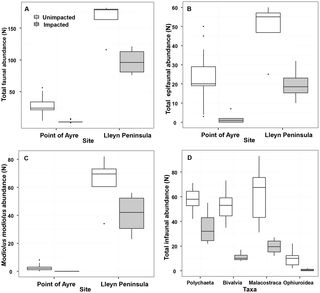
Small potatoes compared to others' but at 124 citations mine is a study with UK colleagues on the 1st pass impact by bottom fishing gears on horse mussel, Modiolus modiolus, reefs. We found wholesale reef degradation with up to 90% declines in epifaunal diversity.
journals.plos.org/plosone/arti...
Nice to see this article by @mbaldwin.bsky.social surface again. Lots of academics aren't aware how recent and dynamic the peer-review system is. Entire thing worth a read, but this quote always floors me (page 8 of PDF ethos.lps.library.cmu.edu/article/19/g... ):
04.12.2024 09:40 — 👍 68 🔁 23 💬 2 📌 3Are you interested in the #restoration of marine ecosystems?
I'm co-chairing a @icesmarine.bsky.social Workshop on Nature Restoration (WKREST) in March, join if you're interested!
www.ices.dk/community/gr...
Hi Grant, I'd like to be added as well. We use BRUVs for fish use in reef habitats and seaweed farms, in addition to old school, direct recording via diving (photoquadrats and videotransects with DSLRs and GoPros). Dabbing into biotope mapping with fancier drop cameras and acoustics (sidescan).
02.12.2024 13:48 — 👍 1 🔁 0 💬 0 📌 0Muchas gracias Ángel, me alegra formar parte del grupo
01.12.2024 19:42 — 👍 1 🔁 0 💬 0 📌 0Photo is from quite a deep (for seagrass) subtidal bed in southwest Ireland, September 2018 if I remember correctly.
01.12.2024 18:49 — 👍 1 🔁 0 💬 0 📌 0Could I be added to the pack, Angel? Gracias!
01.12.2024 18:44 — 👍 0 🔁 0 💬 1 📌 0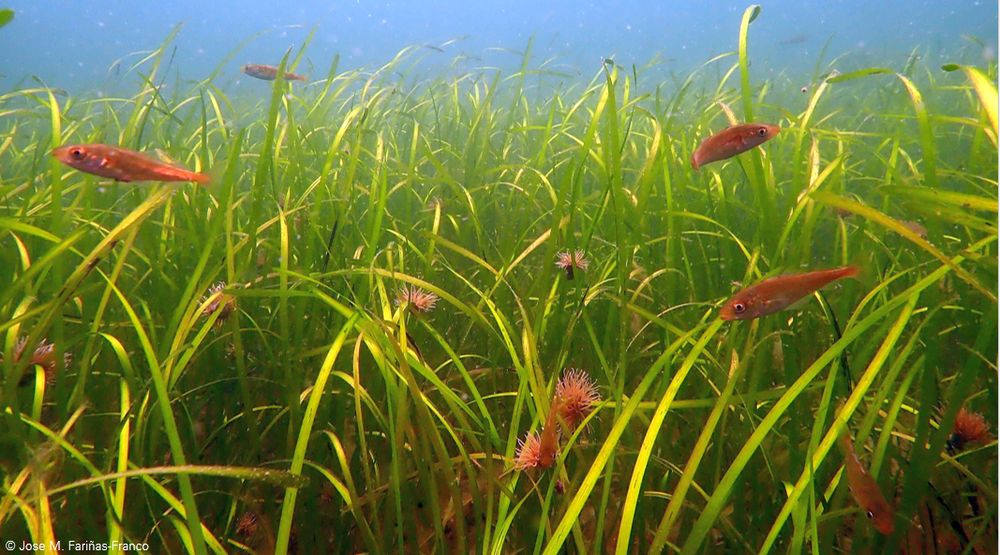
It's not just shellfish reefs we study in my group, I have a lot of love for seagrass. A new found, serendipitous love as a result of a completely different project on seaweed farming. Some of the nicest dives I have ever done are on seagrass beds. Esp. summer, with all the juvenile fish thriving.
01.12.2024 18:42 — 👍 22 🔁 4 💬 1 📌 0Hi Caleb, can you point them out in the photo? The only colonial cnidarians we find are hydroids and some dead mans fingers but can't see them in that photo, at least I can't. There are red filamentous and red crustose algae (maerl) in that pic. But I wouldn't say those are the ones you refer to?
01.12.2024 18:36 — 👍 1 🔁 0 💬 1 📌 0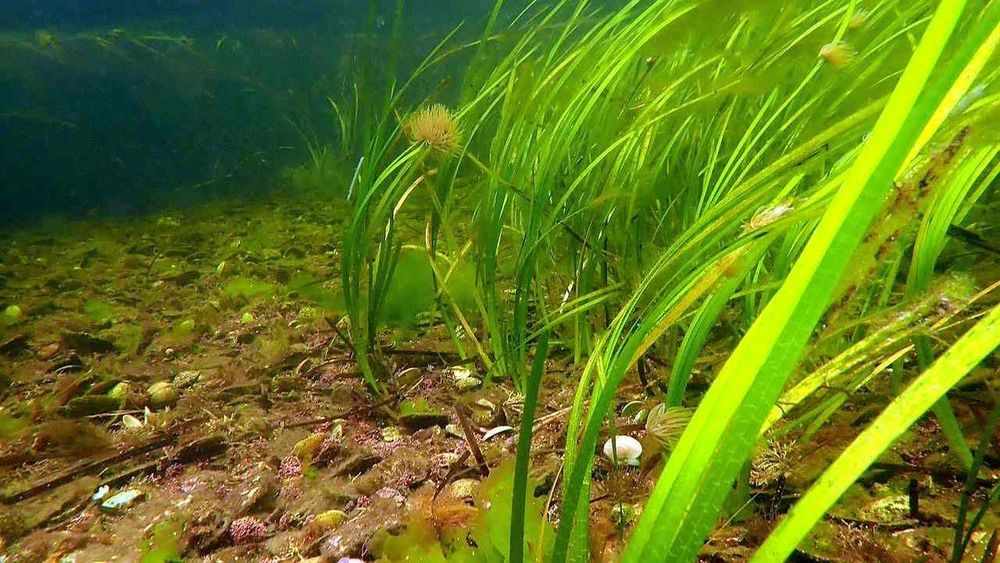
The seagrass is also quite something.
30.11.2024 18:00 — 👍 3 🔁 0 💬 0 📌 0It's fantastic Ben, a very special mosaic habitat indeed, with native oysters, seagrass and maerl (both Phymatolithon and Lithothamnion). West coast of Ireland. Not going to go into too many specifics location wise.
30.11.2024 17:55 — 👍 3 🔁 0 💬 1 📌 0We are in the process of documenting their biodiversity and structure, which we believe fits the definition of an Ostrea edulis biotope as listed by OSPAR in their Threatened and Endangered Habitats classification, before it's too late.
30.11.2024 13:01 — 👍 0 🔁 0 💬 0 📌 0Thanks for sharing Ruth. And I'm glad you used the word reefs because here (in Ireland) I have got push back from saying they fit the criteria as biogenic reefs. The interesting bit here is these areas don't feature as oyster biotopes in maps, but 'mixed sediment' in between maerl. Go figure.
30.11.2024 12:54 — 👍 1 🔁 0 💬 0 📌 0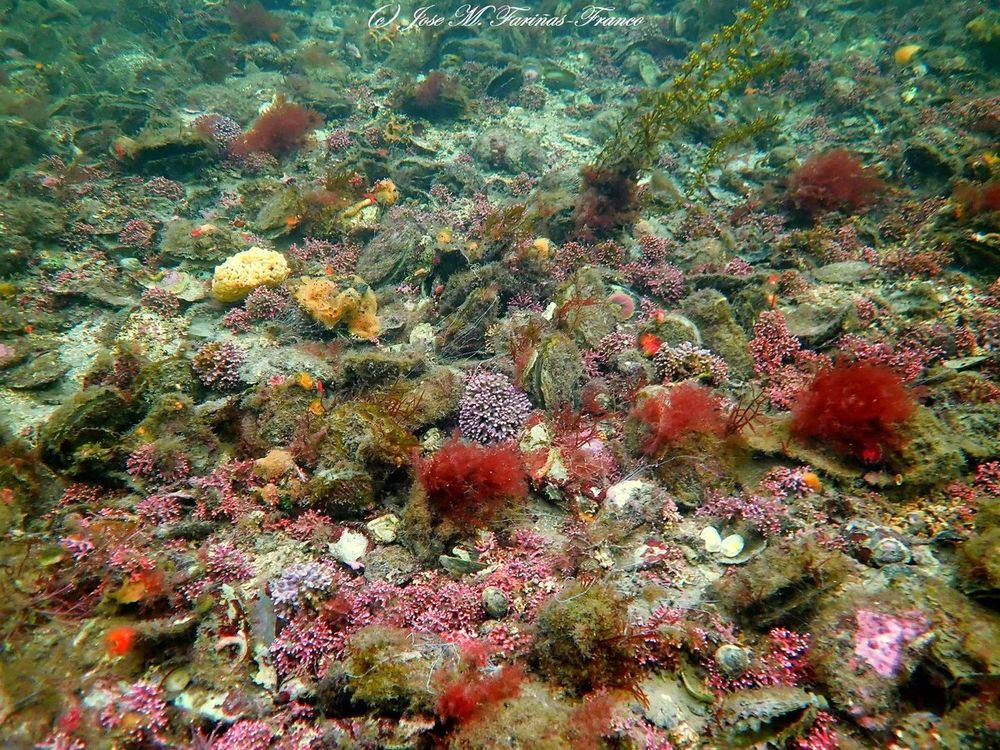
Sharing this photo of a native oyster bed in one of our survey sites here for the first time. This was my coelacanth moment, especially as many deny these oyster habitats even exist. Same as eels, Ostrea edulis (the species and the habitat) are threatened and yet we keep managing them as a fishery.
30.11.2024 12:22 — 👍 38 🔁 8 💬 3 📌 1That's always my thinking. Conversations of sustainability and quotas aside, it's the utter contempt. Treated as things, commodities, resources (how I hate that word).
30.11.2024 12:04 — 👍 2 🔁 0 💬 0 📌 0It shouldn't be allowed anywhere.
30.11.2024 11:52 — 👍 10 🔁 1 💬 2 📌 0